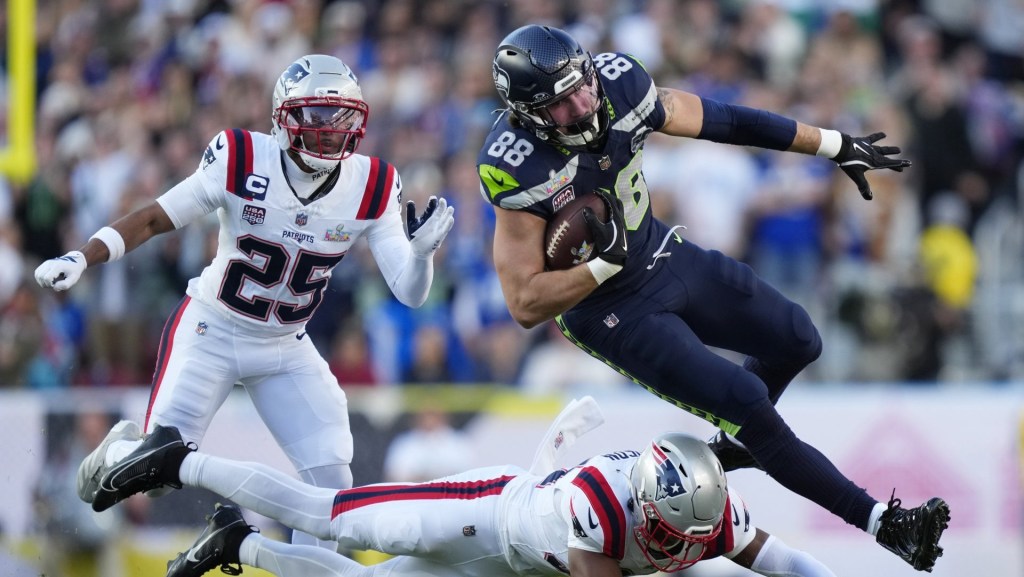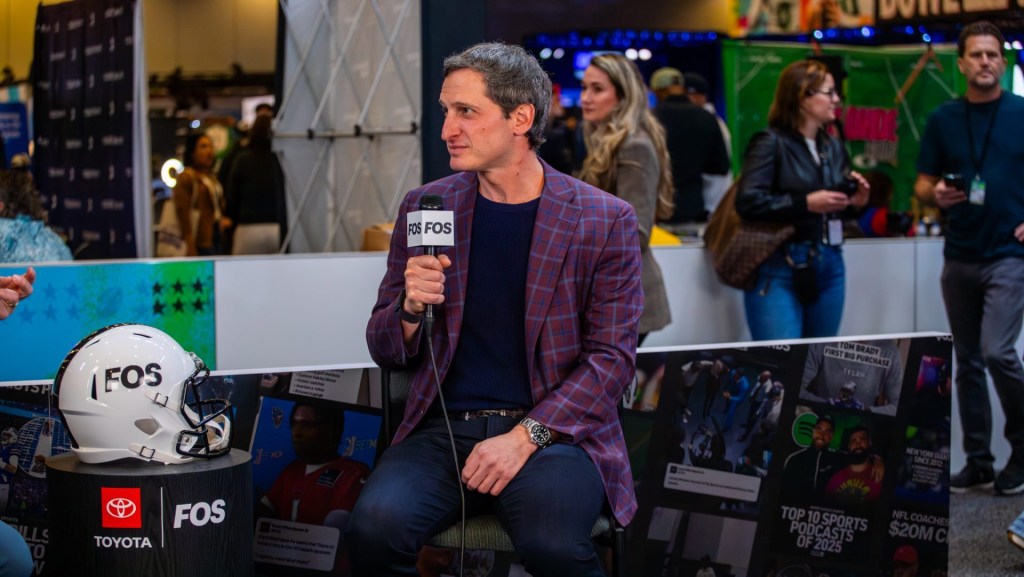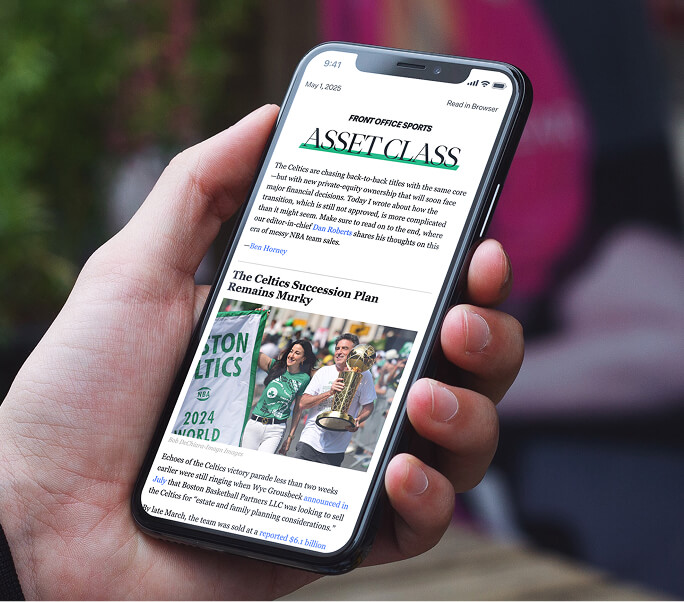Companies offering sports prediction markets have insisted for months that they are different from traditional sportsbooks.
One place where that view doesn’t hold water: the NFL.
The league said Monday that it views prediction markets the same way it views traditional sports betting—and thus subject to the same concerns about integrity and compliance, meaning players and league personnel are not allowed to use platforms like Kalshi and Polymarket to trade on sports events, for now.
League officials made that clear during a Monday media call about sports betting, emphasizing that sports prediction markets offered by platforms like Kalshi, Robinhood, and Polymarket raise many of the same red flags as traditional sportsbooks.
Prediction-market platforms give users the ability to trade money on outcomes, including which team will win a given game. Kalshi recently announced an expansion of its sports event contracts that allows users to put money on how many touchdowns a given player will score in a game, point spreads, and the overall total score. The contracts strongly resemble prop bets.
Asked about the rise of prediction-market platforms, David Highhill, the league’s VP for sports betting, pointed to public comments the league made last summer during an open comment period from the Commodity Futures Trading Commission. In those comments, the NFL cautioned that sports event contracts could jeopardize the integrity of the game because they would not have the same strict oversight as legalized sports betting.
Highhill elaborated, saying that “for now,” prediction markets lack certain regulatory requirements that traditional sportsbooks are subject to, such as information sharing with leagues, integrity monitoring, and prohibitions on certain types of markets that could be subject to influence.
The latter has emerged as a major concern in U.S. sports, with at least 16 states banning prop bets in college sports, Ohio considering banning prop bets entirely, and the NBA and its players’ union supporting some restrictions on prop bets.
“We’re concerned that if these markets aren’t properly regulated, they could be susceptible to manipulation or price distortion,” Highhill said.
Sabrina Perel, VP and chief compliance officer for the NFL, put it plainly: “On the policy side, our view is that these platforms mimic sports betting, and they are covered as prohibited conduct under our policy.”
She said the league is “actively educating” personnel on that point and making clear that engaging on these platforms is “prohibited.”
Sports event contracts have faced scrutiny because they appear so similar to betting, although Kalshi has maintained in court cases with regulators in Nevada, New Jersey, and Maryland that there is a distinction: on its exchange, bettors are wagering against one another as opposed to the house. After securing early victories in Nevada and New Jersey, a federal judge in Maryland recently ruled that Kalshi must comply with gambling laws in that state—although the regulator has agreed not to enforce its laws at least until the 4th Circuit rules on Kalshi’s appeal.
Prediction-market momentum has been picking up speed ahead of football season. In addition to Kalshi’s expanded offerings, Robinhood recently announced it would reactivate sports offerings in New Jersey and Nevada, and it sued the regulators in those states. Meanwhile, all the major sportsbooks have made clear they are watching the space, and FanDuel last week announced it will enter the prediction-markets space through a deal with derivatives exchange CME Group, but without sports offerings, at least to start.
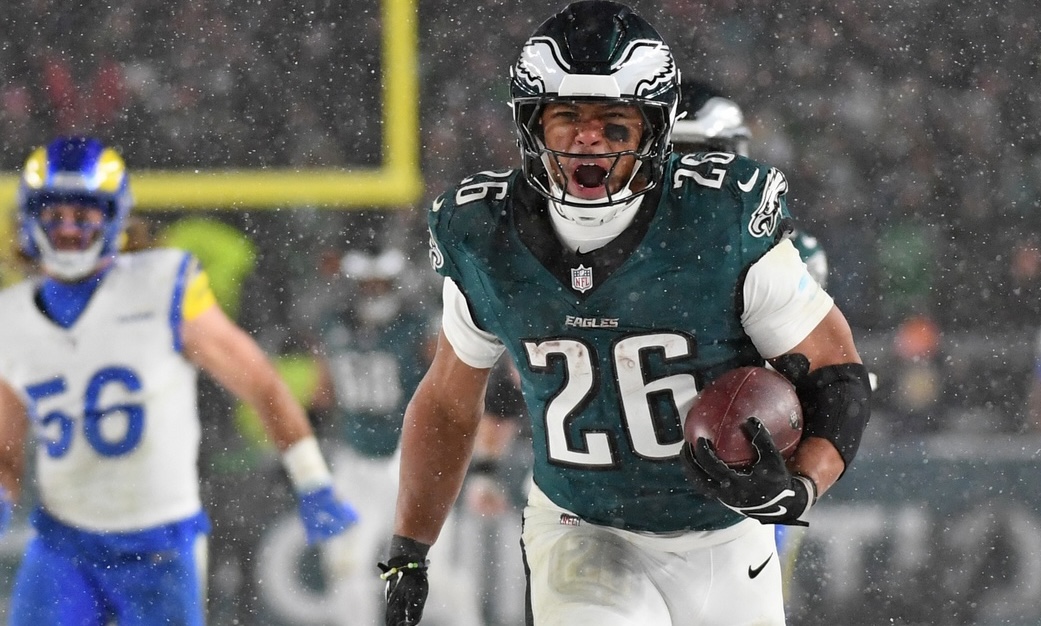

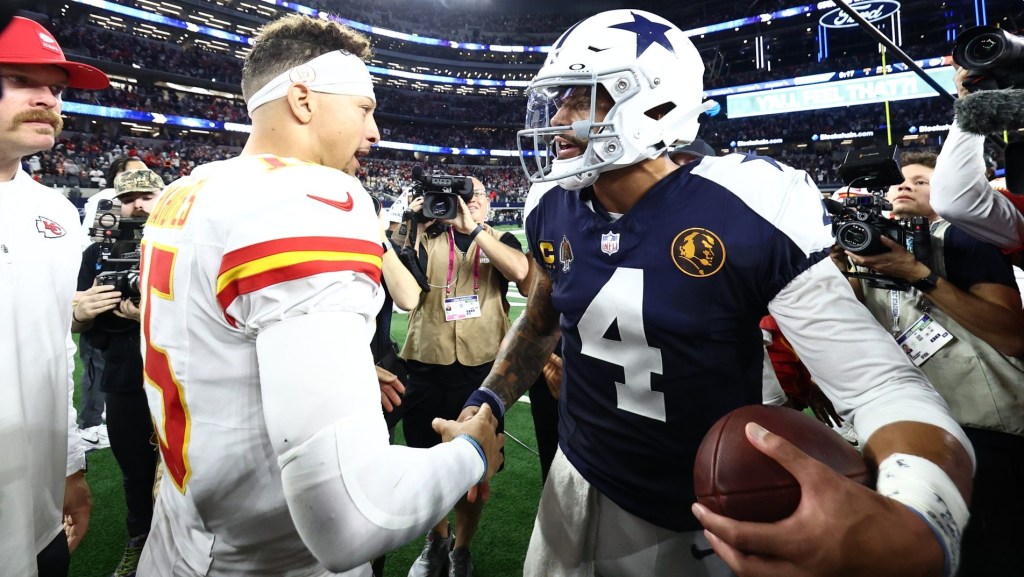


![[Subscription Customers Only] Jun 15, 2025; Seattle, Washington, USA; Botafogo owner John Textor inside the stadium before the match during a group stage match of the 2025 FIFA Club World Cup at Lumen Field.](https://frontofficesports.com/wp-content/uploads/2026/02/USATSI_26465842_168416386_lowres-scaled.jpg?quality=100&w=1024)
![[Subscription Customers Only] Jul 13, 2025; East Rutherford, New Jersey, USA; Chelsea FC midfielder Cole Palmer (10) celebrates winning the final of the 2025 FIFA Club World Cup at MetLife Stadium](https://frontofficesports.com/wp-content/uploads/2026/02/USATSI_26636703-scaled-e1770932227605.jpg?quality=100&w=1024)



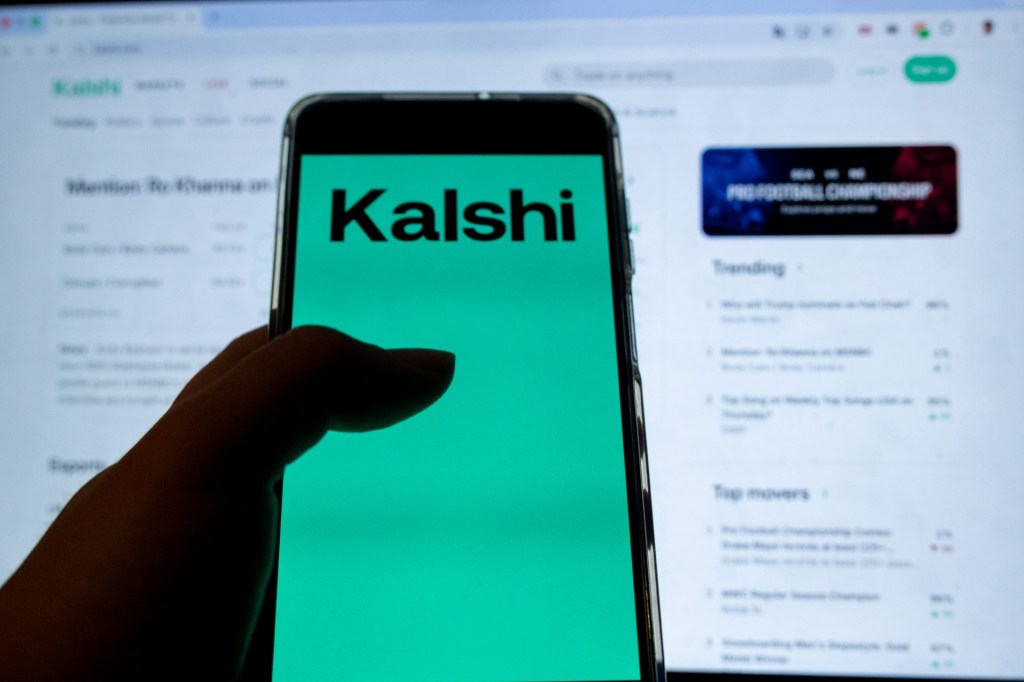
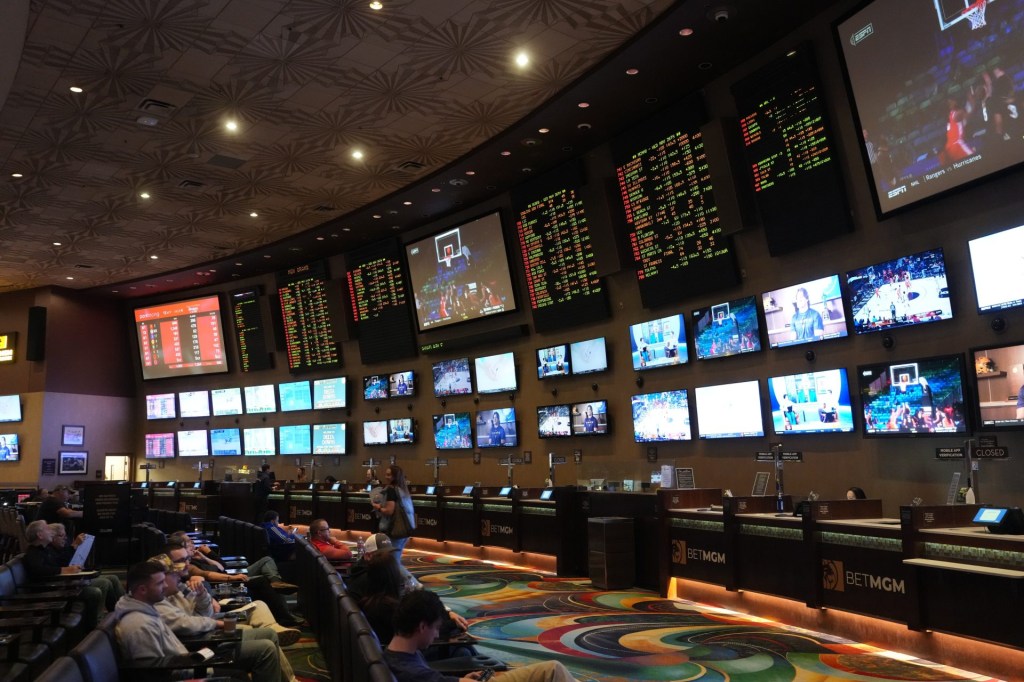


![ESPN Bet broadcasts inside the PGA Tour Studios building in Ponte Vedra Beach, Florida, on March 14, 2025. [Clayton Freeman/Florida Times-Union]](https://frontofficesports.com/wp-content/uploads/2026/02/USATSI_25668497_168416386_lowres-1-scaled.jpg?quality=100&w=1024)
